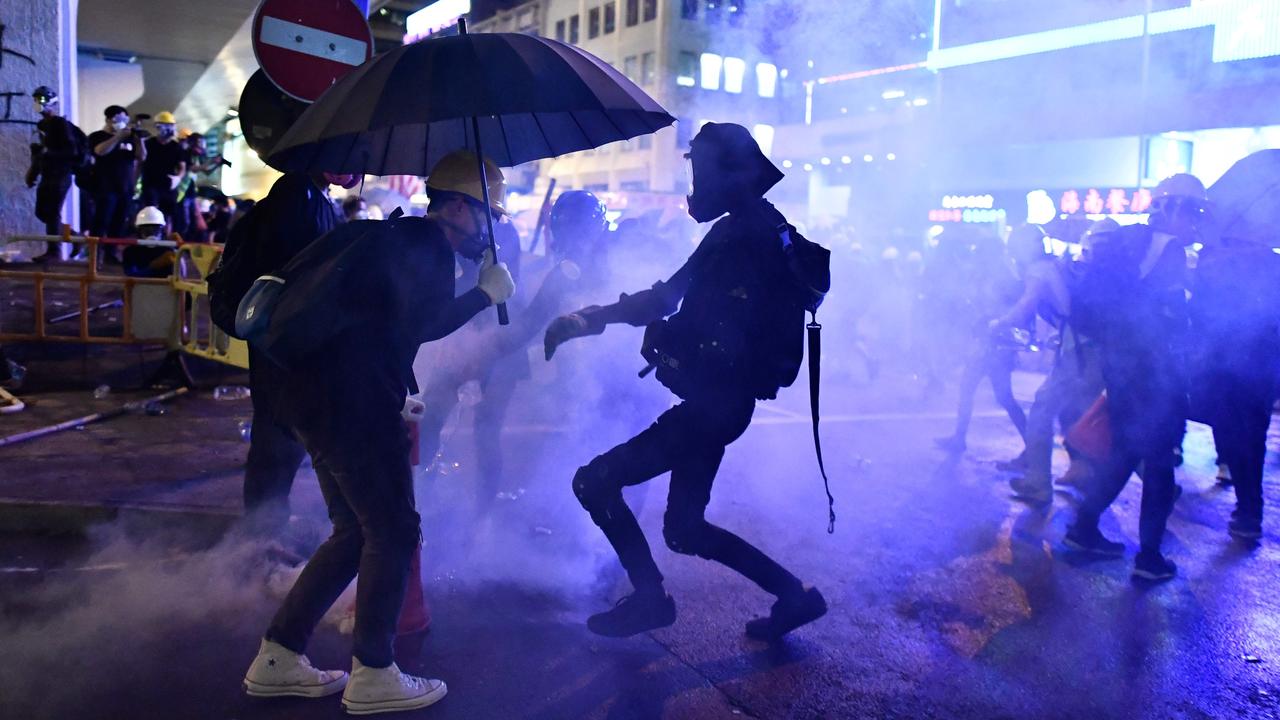Barack Obama red lines Syria
PRESIDENT Barack Obama has a problem.
PRESIDENT Barack Obama has a problem.
As calls for US action on Syria intensified last year, he threatened 'enormous consequences' if chemical weapons were used. Now the situation is getting worse. There is no end in sight, Lebanon has been drawn into the conflict, and it looks as though chemical weapons have probably been used. But Obama has no good options, so hasn't followed through. This matters for US credibility in the Middle East, around the world, and particularly in Asia.
At the end of August, Obama said that 'There would be enormous consequences if we start seeing the use of chemical weapons' in Syria. He led us to believe that by 'enormous consequences' he meant military action, and said this was a red line. He has been saying it ever since.
Then, a few weeks ago the White House said that it believes with 'varying degrees of confidence' that chemical weapons have been used. And even some shaky allegations the weapons were used by rebels, not the government.
The moment for decisive action by the US has faded, and for good reason. Obama is stuck. Because if he had (or if he does in the future) order military operations to destroy or secure the weapons, the United States probably doesn't know where they all are.
Even if he could find and contain Syria's chemical weapons, Obama would face tremendous political pressure to do more in Syria than just remove them. It would look very strange to wade into a civil war which has killed (on a conservative estimate) some 60,000 people to remove chemical weapons which have killed only a handful, and then try to leave. The US would be stuck in Syria.
The President also has the option of accepting a larger role in Syria. But it's not as though Washington only avoided intervening in Syria because Assad hadn't used chemical weapons yet. It has avoided intervening because there are no good options.
In fact the President's statement on red lines was an attempt to find a way around that problem. It was a way of telling the world that the US did have a dog in the Syria fight, that Washington wouldn't let things get out of hand. But it was a bluff, or at least a mistake. It looks as though little thought was given to what the US would do if its bluff was called.
Now, if Obama wants to follow through on his threat, he will have to pay a higher cost than this issue warrants. That story is a familiar one; going in would be the easy part.
Going in to Syria would be a big mistake; probably a bigger mistake than the bluff. But because he set chemical weapons use as a red line, doing nothing also incurs costs. Obama is eroding the credibility of US strategic undertakings. Just like with his apparently empty pledge to pursue a 'world without nuclear weapons', and an equally hollow red line to Iran on its nuclear weapons. And Israel's airstrikes in Syria will do nothing to help solve Obama's problem, because they are not an extension of US resolve, they are a frustrated response to a lack of it.
For Obama, the biggest problem here is not Syria's chemical weapons, or the war in Syria. It is the scepticism that is beginning to meet Washington's ultimatums. This erosion of credibility matters not just in the Middle East, but around the world, including in Asia.
America's position in Asia is dependent on the belief that Washington will see through its undertakings. These undertakings are under pressure constantly, at points including the tension on the Korean Peninsula, or the Sino-Japanese dispute over the Senkaku/Diaoyu islands.
The belief in US promises to help its allies is a significant restraining factor in these volatile situations. The implied threat of the use of force is also a significant part of Washington's broader diplomacy. For it to work, US undertakings have to be credible.
The more red lines America defaults on, the more likely others will be to cross them. If it was Assad that used chemical weapons in Syria, then the calling of Washington's bluffs has already started.
But the more serious risk we face is that China won't take Washington's threats seriously, and will cross an actual American red line. Beijing might, for example, make the mistake of thinking that Washington's undertaking to assist Japan in the event of a conflict over the Senkaku/Diaoyu islands is hollow, like Obama's red line on Syria. That sort of miscalculation is one of the most likely causes of a future war in Asia.
Washington has to tell us where America's red lines really are, and what interests come further down the list. The Syria case has shown us that in the end, the US didn't care as much about chemical weapons as it said. Obama should never have set that red line.
We can't rely on the rest of the world to try to read American minds. Because eventually, somebody will get it wrong. If that happens in Asia, then we could end up in just the sort of war we hope the United States' strategic undertakings are there to prevent.
Harry White is an analyst at the Australian Strategic Policy Institute. These views are his own


